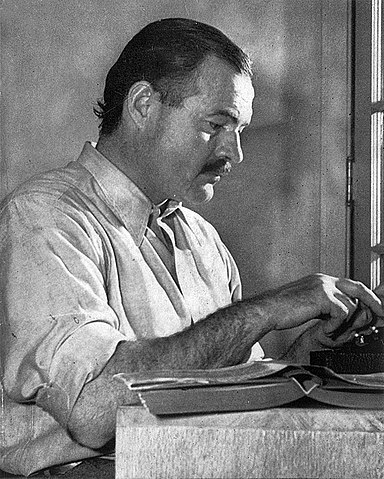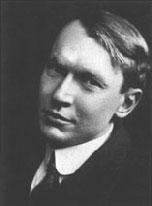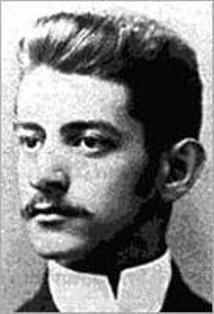
Stuart Edward Shea
Born: 1963 in Minneapolis, Minnesota
Pen Name: Stuart Shea Connection to Illinois: Shea's family moved to Chicago when he was seven and he has lived in the area ever since. He currently lives 24 blocks north of Wrigley Field on Chicago's north side. Growing up a baseball fan influenced his writing. Biography: Stuart Shea has written several books on baseball and popular music and has co-authored several other baseball annuals and contributed to various encyclopedias and other reference books.
Awards:
Stuart Edward Shea on WorldCat : http://www.worldcat.org/search?q=stuart+edward+shea
Selected Titles
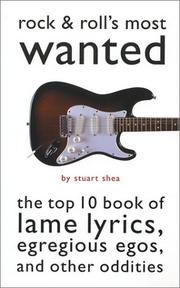 |
Rock & roll's most wanted : ISBN: 1574884778 OCLC: 49225300 Brassey's, Washington, D.C. : ©2002. |
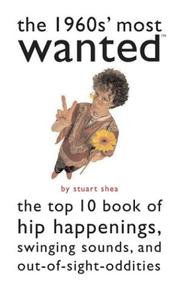 |
The 1960s' most wanted : ISBN: 1574887211 OCLC: 55877603 Potomac Books, Washington, D.C. : ©2006. |
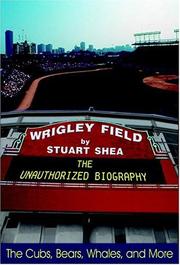 |
Wrigley Field : ISBN: 1574885863 OCLC: 54852708 Brassey's, Washington, D.C. : ©2004. "Wrigley Field is a baseball shrine today, but how did it achieve that status? What's the history of the park, its teams, the fans, and the adjoining community that is so interwoven that it's commonly referred to as "Wrigleyville"?" |
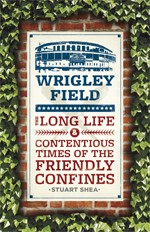 |
Wrigley Field : ISBN: 022613427X OCLC: 859446820 In spring 1914, a new ballpark opened in Chicago. Hastily constructed after epic political maneuvering around Chicago's and organized baseball's hierarchies, the new Weeghman Park (named after its builder, fast-food magnate Charley Weeghman) was home to the Federal League's Chicago Whales. The park would soon be known as Wrigley Field, one of the most emblematic and controversial baseball stadiums in America. In Wrigley Field: The Long Life and Contentious Times of the Friendly Confines, Stuart Shea provides a detailed and fascinating chronicle of this living historic landmark. The colorful history revealed in Wrigley Field shows how the stadium has evolved through the years to meet the shifting priorities of its owners and changing demands of its fans. While Wrigley Field today seems irreplaceable, we learn that from game one it has been the subject of endless debates over its future, its design, and its place in the neighborhood it calls home. To some, it is a hallowed piece of baseball history; to others, an icon of mismanagement and ineptitude. Shea deftly navigates the highs and lows, breaking through myths and rumors. And with another transformation imminent, he brings readers up to date on negotiations, giving much-needed historical context to the maneuvering. Wrigley Field is packed with facts, stories, and surprises that will captivate even the most fair-weather fan. From dollar signs (the Ricketts family paid $900 million for the team and stadium in 2009), to exploding hot dog carts (the Cubs lost that game 6-5), to the name of Billy Sianis's curse-inducing goat (Sonovia), Shea uncovers the heart of the stadium's history. As the park celebrates its centennial, Wrigley Field continues to prove that its colorful and dramatic history is more interesting than any of its mythology. - Publisher. |


